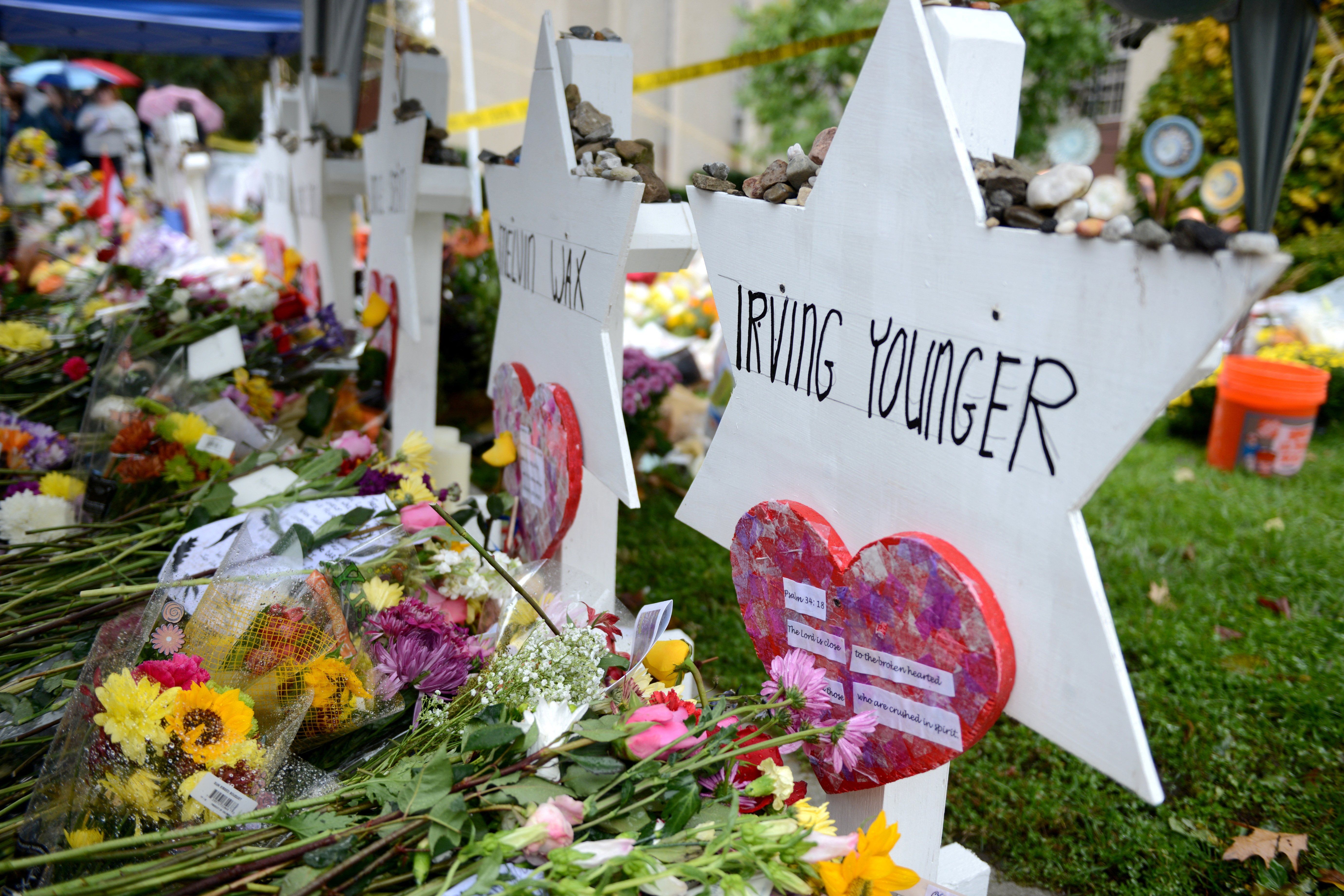11: The gunman who killed 11 people in an attack on a Pittsburgh synagogue in 2018 – the deadliest attack on Jews in US history – was sentenced to death on Wednesday by a federal jury. It’s the first federal death penalty imposed in the country since President Joe Biden came to office in Jan. 2021.
3,500: Four Nigerian migrants survived a 3,500-mile boat ride across the Atlantic hiding above the rudder of a cargo ship. The men, who were hoping to reach Europe, were surprised when they landed in Brazil two weeks after setting off from Lagos. Two have since opted to return to Nigeria while the others have sought asylum in Brazil.
15: A delegation representing ECOWAS, an economic bloc of 15 West African countries, traveled to Niger on Wednesday to try to negotiate with junta leaders who recently seized power from Niger’s Western-aligned government. ECOWAS reps have said they will use force if needed to reinstate the ousted government, raising fears of a full-blown regional crisis.
8,000: El Salvador’s
President Nayib Bukele has sent
8,000 troops to surround the central region of Cabanas, home to roughly 150,000 people, in a bid to crack down on gang violence. It’s the first time authorities have cordoned off an
entire region since Bukele introduced a state of emergency in March 2022 to tackle gang violence – a measure many human rights groups have dubbed draconian.
